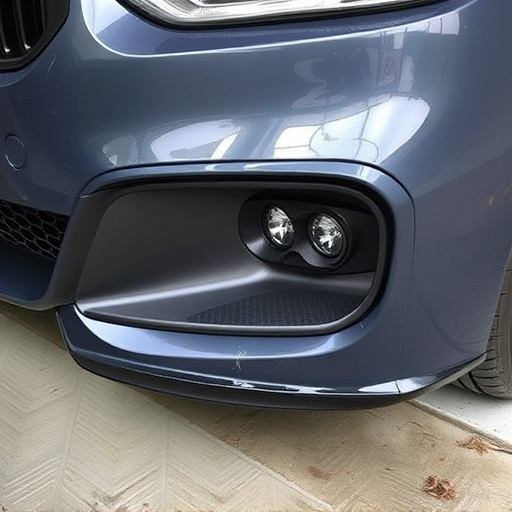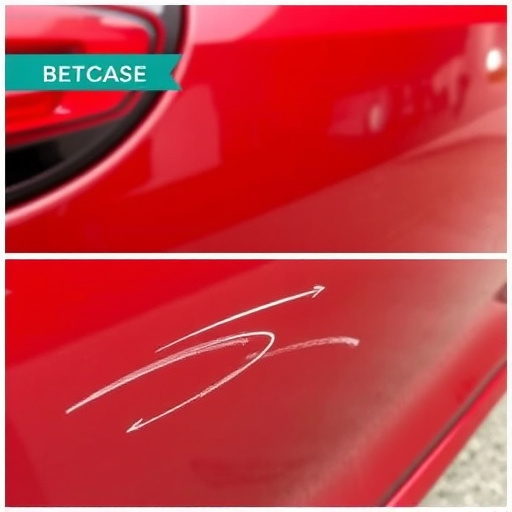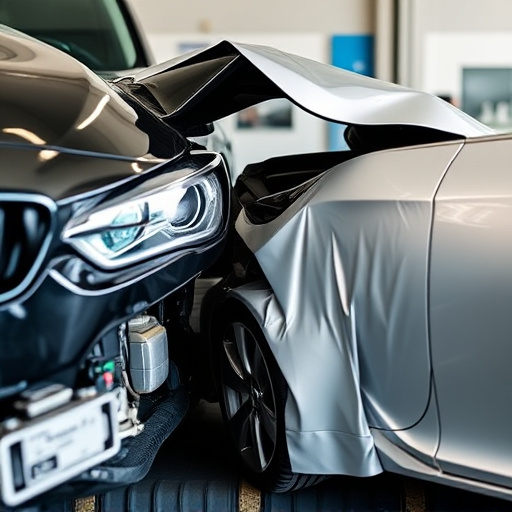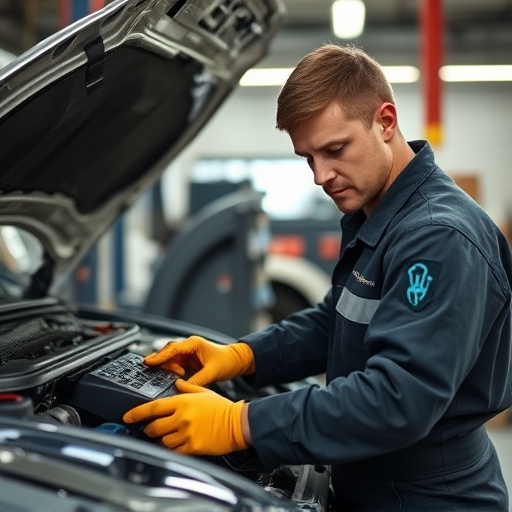Collision repair feedback is crucial for auto shops to manage their reputation in the digital age. Online reviews heavily influence customer perceptions and decisions. By analyzing feedback, shops can improve services and pricing transparency. Positive reviews build trust, while addressing criticism fosters dialogue and loyalty. Effective use of collision repair feedback enhances market standing and encourages new clients through testimonials and proactive engagement.
Collision repair feedback plays a pivotal role in shaping a business’s reputation. In today’s digital age, online reviews and ratings are powerful tools that influence customer decisions. Understanding the dynamics of collision repair feedback is essential for effective reputation management. This article explores how customer feedback impacts trust and engagement, offering strategies to leverage positive reviews while addressing concerns. By harnessing collision repair feedback, businesses can enhance their image, foster customer loyalty, and thrive in a competitive market.
- Understanding Collision Repair Feedback Dynamics
- Impact on Customer Trust and Engagement
- Strategies to Harness Feedback for Positive Reputation Management
Understanding Collision Repair Feedback Dynamics

Collision repair feedback is a critical aspect of reputation management for auto repair shops offering collision repair services. Understanding the dynamics of this feedback is essential in today’s digital era where reviews and ratings can significantly impact a shop’s perceived quality and reliability. Customers seeking car bodywork repairs often turn to online platforms to share their experiences, from initial estimates to final tire services and overall satisfaction. These real-world accounts carry weight and influence decisions for prospective clients.
The feedback loop involves several key players: satisfied customers leaving positive reviews, neutral or dissatisfied clients offering constructive criticism, and the auto repair shop actively monitoring and responding to these insights. By closely examining collision repair feedback, shops can identify areas of excellence and pinpoint challenges. For instance, consistently positive feedback on efficient service times might highlight a well-organized workshop, while complaints about hidden costs could indicate a need for better transparency in pricing structures and tire services offerings.
Impact on Customer Trust and Engagement

Collision repair feedback plays a pivotal role in shaping customer trust and engagement with auto body shops offering car bodywork services and auto glass replacement. Positive reviews and testimonials from satisfied clients can significantly enhance a business’s reputation, fostering a sense of reliability and transparency. When potential customers read about others’ positive experiences with collision repair services, they are more likely to feel confident in the shop’s abilities, leading to increased trust and consideration for their vehicle needs.
Moreover, collision repair feedback encourages customer engagement by providing an avenue for clients to share their stories and insights. Shops that actively solicit and respond to feedback create a dialogue that strengthens the relationship with their clientele. This two-way communication allows businesses to address concerns promptly, demonstrating responsiveness and care. As a result, customers feel valued, fostering loyalty and encouraging repeat business, which is essential in the competitive market for auto body services.
Strategies to Harness Feedback for Positive Reputation Management

In the realm of collision repair, feedback from satisfied customers can be a powerful tool for reputation management. Businesses offering car bodywork services or car dent removal can strategically harness this feedback to foster positive perceptions and attract new clients. One effective strategy is to prominently display customer testimonials on their website and marketing materials. These real-life accounts of successful repairs not only build trust but also provide social proof, encouraging prospective customers to choose their services.
Additionally, proactive engagement with customers post-repair can yield valuable insights and feedback. By asking for reviews and opinions, collision repair shops demonstrate a commitment to continuous improvement. Positive responses can be shared on various platforms, enhancing the shop’s online presence and reputation. Conversely, addressing negative feedback openly shows responsiveness and a willingness to rectify issues, potentially turning dissatisfied customers into advocates. This two-pronged approach ensures that collision repair businesses stay ahead in the market by leveraging their collision repair feedback effectively.
Collision repair feedback plays a pivotal role in shaping businesses’ reputations, especially in the highly competitive automotive industry. By understanding customer dynamics and engaging with their experiences, companies can transform negative perceptions into positive testimonials. Implementing effective strategies to gather and respond to collision repair feedback fosters trust, enhances engagement, and ultimately drives business success, ensuring satisfaction and loyalty among clients.














